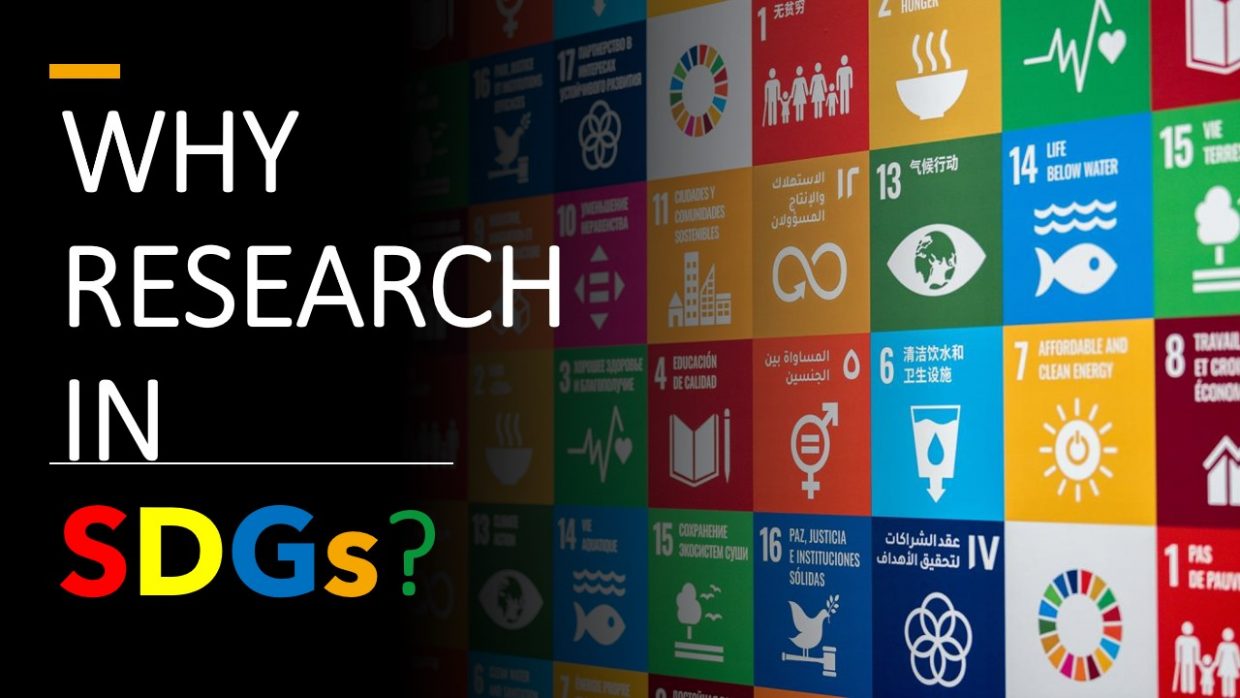
Sustainable development has always been mentioned as a goal by businesses, organizations, and governments which, in turn, is a holistic strategy that takes into account ecological, social, and economic components, realizing that all three must be considered in order to achieve long-lasting prosperity. In a world of limited resources and constant communication, the people, planet, and profit are never disconnected. However, increasing and inefficient use of resources has knocked off the balance between people, planet, and profit resulting in poverty, disease, hunger, climate change, conflict, injustice, and inequality among the world’s major issues.
In consequence, in September 2015, United Nations (UN) adopted a plan which is officially known as “The 2030 Agenda for Sustainable Development and its Sustainable Development Goals (SDGs)” laying out a path over the next 15 years to transform the world ensuring, human well-being, economic prosperity, and environmental protection. Comprising of 17 goals, 169 objectives, and 244 indicators, SDGs are based on five pillars: People, Planet, Prosperity, Peace, and Partnership (United Nations, 2015). All nations come to the same conclusion on where the world needs to go. Fulfilling these aspirations would necessitate a concerted effort from all sectors of society, and nations are dedicated to guiding not only developing countries but also developed counties toward sustainable development for all.

Figure: UN 17 Sustainable Development Goals (SDGs)
Source: United Nations (2015)
Among the important mechanisms to achieve SDGs, research is even more relevant and necessary for progress in sustainability. The United Nations acknowledges this through the UN Academic Impact project, which states: “The work of research and higher education institutions is vital to achieving the Sustainable Development Goals as they serve as incubators of new ideas, inventions and solutions to the many global challenges we face” (United Nations, 2019).
Once research contributes to achieving SDGs, publishing output related to them is equally important as they allow to disseminate findings, such as complex development challenges, generated renewed commitments to address them, and practical means for effective implementation to balance economic, social, and environmental dimensions, to the community. Even authors find that SDG-related research and publications have a potential to influence the reputation and publicity of universities/institutions and thus have far-reaching impact on society (Armitage et al., 2020).
We encourage the research community to give their more effort on SDGs and convey their inspiring ideas on how we can achieve prosperity for all on a healthy planet.
“NO RESEARCH WITHOUT ACTION, NO ACTION WITHOUT RESEARCH”
References
Armitage C.S., Lorenz M., Mikki S. (2020). Mapping scholarly publications related to the Sustainable Development Goals: Do independent bibliometric approaches get the same results? Quantitative Science Studies, 1(3), 1092–1108.
United Nations. (2015). Transforming our world: The 2030 Agenda for Sustainable Development. Retrieved December 2, 2019, from https://sustainabledevelopment.un.org/post2015/transformingourworld
United Nations. (2019). Academic Impact; About UNAI. Retrieved October 14, 2019, from http://academicimpact.un.org/content/about-unai

Written by – Ms. Hashini W. Edirisinghe
The International Institute of Knowledge Management
Email: hashini.w@tiikmedu.com
